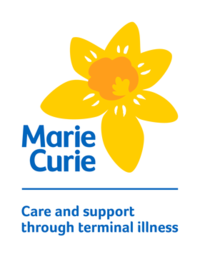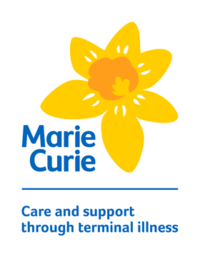A ‘daffodil mark’ is a sign of commitment to improving end of life care, as part of a new partnership between the Royal College of GPs and the terminal illness charity Marie Curie.
The mark, synonymous with the charity, is based on a new set of criteria called the Daffodil Standards – a set of eight quality improvement statements designed to support primary care teams in delivering care to patients living with an advanced, serious illness or at the end of their lives, and their loved ones.
By adopting the Standards, GP practices commit to making improvements in at least three of eight core aspects of care each year, with the aim of having reviewed all of them after three years.


